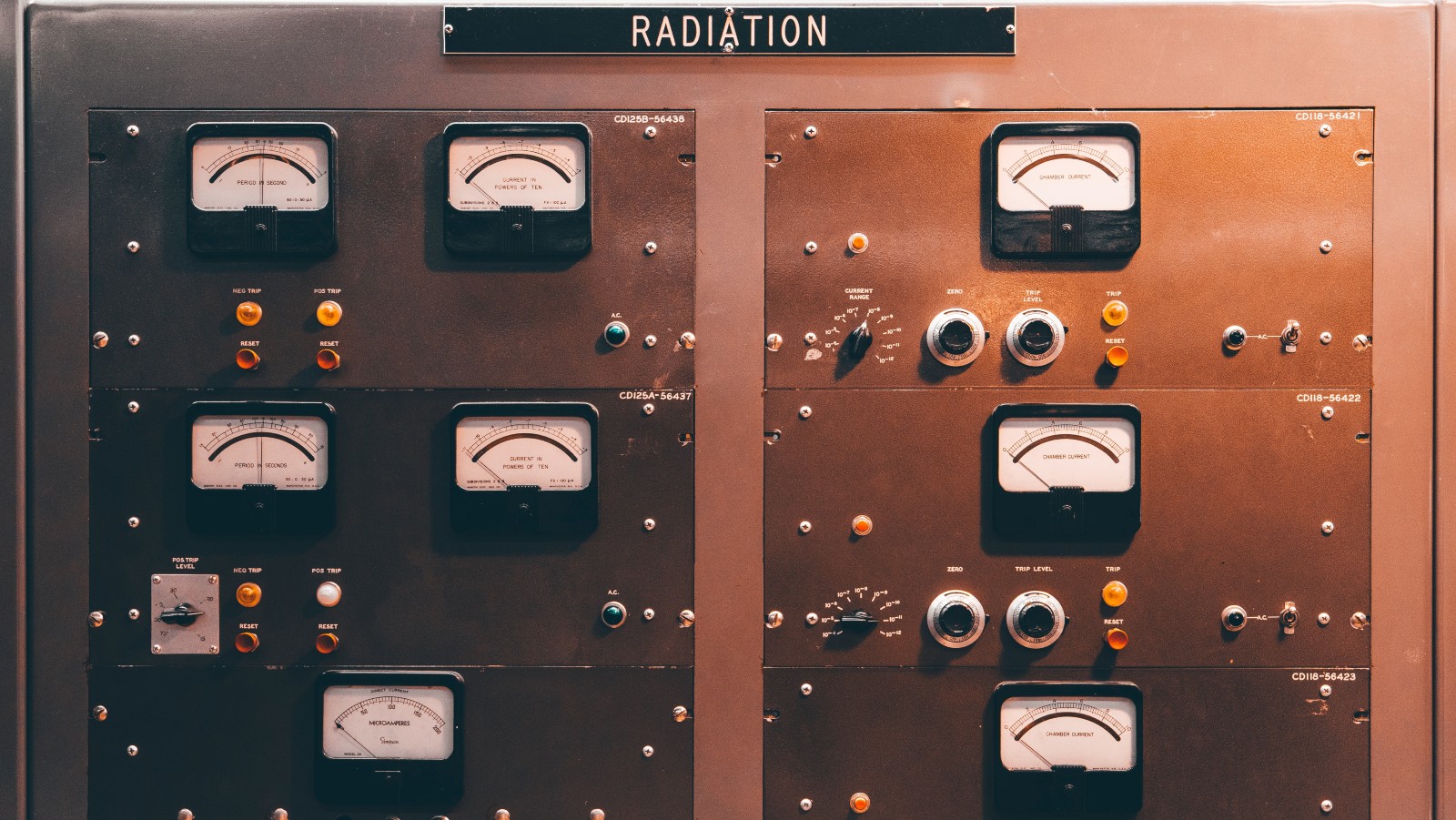Higher background radiation levels lead to lower levels of lung, pancreatic and colon cancers in both American men and women as well as lower rates of brain and bladder cancers in men, according to a new study in Biogerontology by Ben-Gurion University of the Negev and Nuclear Research Center Negev scientists.
In fact, they found, life expectancy increased with exposure to higher natural radiation levels.
The data they crunched came from the United States Environmental Protection Agency’s radiation dose calculator from all 3,129 US counties; US cancer statistics; and the Institute for Health Metrics and Evaluation at the University of Washington Medical Center.
Background radiation is ionizing radiation present in the environment from natural sources. This is the first large-scale study taking into account the two major sources of background radiation (terrestrial radiation and cosmic radiation), covering the entire US population.

Across the US, background radiation fluctuates between 92 to 227 millirem per year. (A millirem is a measure of the health effect of low-level ionizing radiation on the human body.)
Since the 1960s, hundreds of billions of dollars have been spent around the world to reduce background radiation levels under the 227 threshold.
However, BGU Profs. Vadim Fraifeld and Marina Wolfson and Elroei David of the Nuclear Research Center Negev found lower levels of several types of cancers – although no decrease in cervix, breast or prostate cancers or leukemia — when background radiation levels were on the higher end of the spectrum.
They therefore speculate that the upper “radiation threshold” is higher than the long assumed and should be reevaluated.
“Exposure to a high background radiation displays clear beneficial health effects in humans,” they concluded.
















